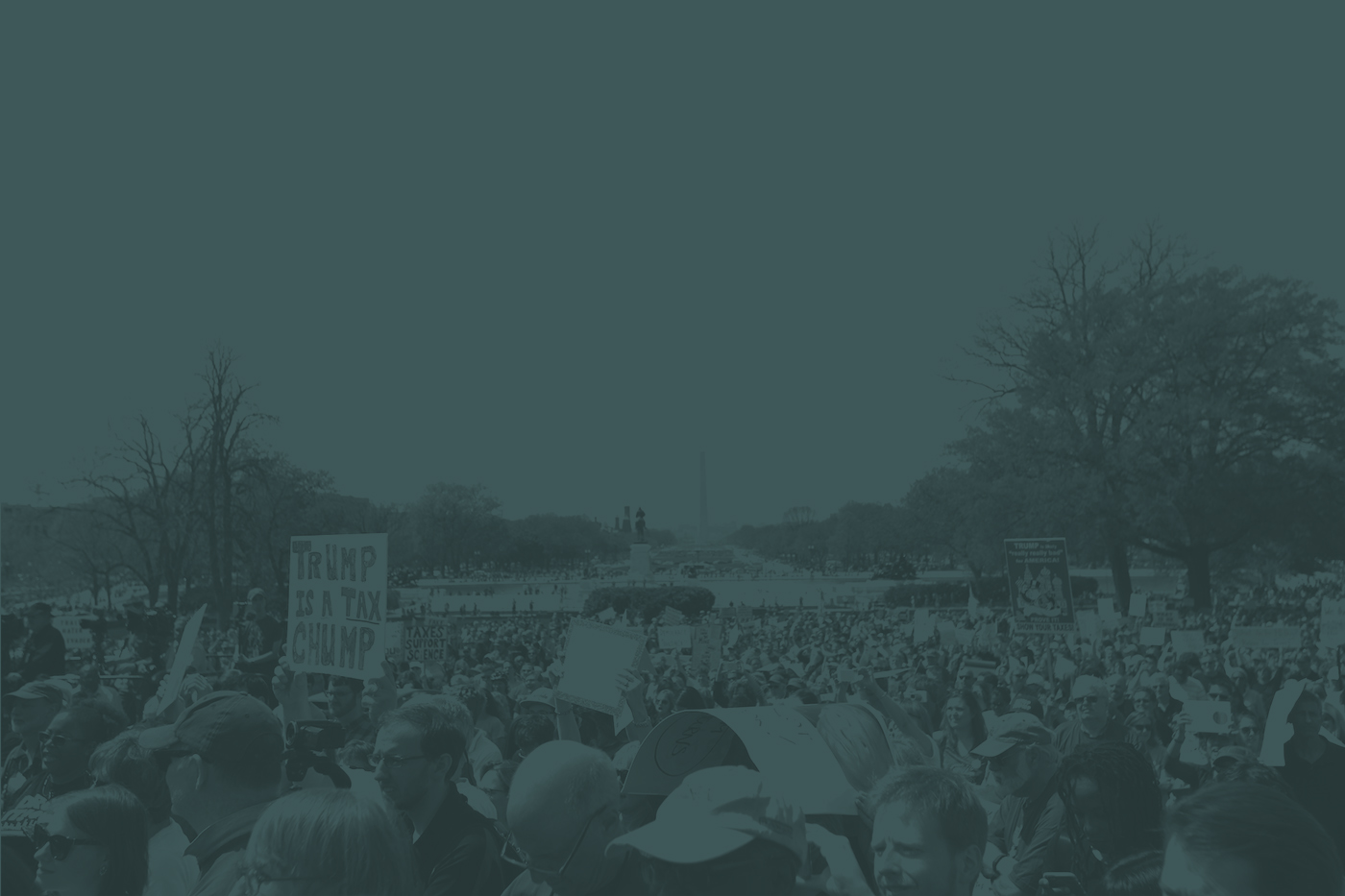For Immediate Release
September 30, 2021
Contact
[email protected]
NEW POLLING: Voters in Seven Democratic Frontline Districts Are Overwhelmingly Less Likely to Support Representatives Who Vote Against Build Back Better Act
Washington, D.C. — New polling released today by Tax March and Anzalone Liszt Grove (ALG) Research shows that voters represented by Democrats in seven battleground districts strongly support the proposed physical and human infrastructure investments in the Build Back Better Act, and will be less likely to support their members of Congress if they oppose the legislation.
The Congressional districts that were polled include:
- California 52nd (Rep. Scott Peters) (memo, toplines)
- Florida 7th (Rep. Stephanie Murphy) (memo, toplines)
- Georgia 7th (Rep. Carolyn Bourdeaux) (memo, toplines)
- Maine 2nd (Rep. Jared Golden) (memo, toplines)
- New York 3rd (Rep. Tom Suozzi) (memo, toplines)
- New York 4th (Rep. Kathleen Rice) (memo, toplines)
- Oregon 5th (Rep. Kurt Schrader) (memo, toplines)
“Poll after poll shows that voters across party lines support President Biden’s Build Back Better agenda,” said Tax March Board Member Maura Quint. “So-called moderate Democrats who think they’re winning favor from their constituents by opposing these measures are doing exactly the opposite. Investing in our nation’s infrastructure, in our economy, in our children and in our families is not just the popular decision—it’s the right one.”
Initial results were first reported by Pod Save America.
Across the board, voters supported the Build Back Better agenda—ranging from +16 in FL-7 to +32 in CA-52. Moreover, across the board, voters were less likely to support their representative if they opposed the BBBA, ranging from -36 in CA-52 to -19 points in FL-7.
While many centrist Democrats have expressed concern over the bills’ price tags, polling makes it clear that voters want to see bold investments and will not reward representatives who prioritize deficit fearmongering over our nation’s infrastructure and economy.
These findings are based on the results of a telephone and text-to-web survey conducted by ALG Research from September 23-28, 2021 among N=300 likely November 2022 voters in each congressional district, for a total N=2,100. 75 percent of interviews were conducted via cell phones, while the remaining 25 percent were conducted using landlines. The margin of error for the full sample is +/- 5.7 percent at the 95 percent level of confidence. The margin of error for subgroups varies and is higher.
